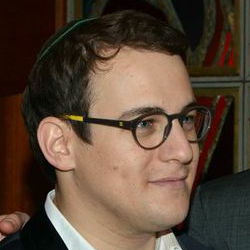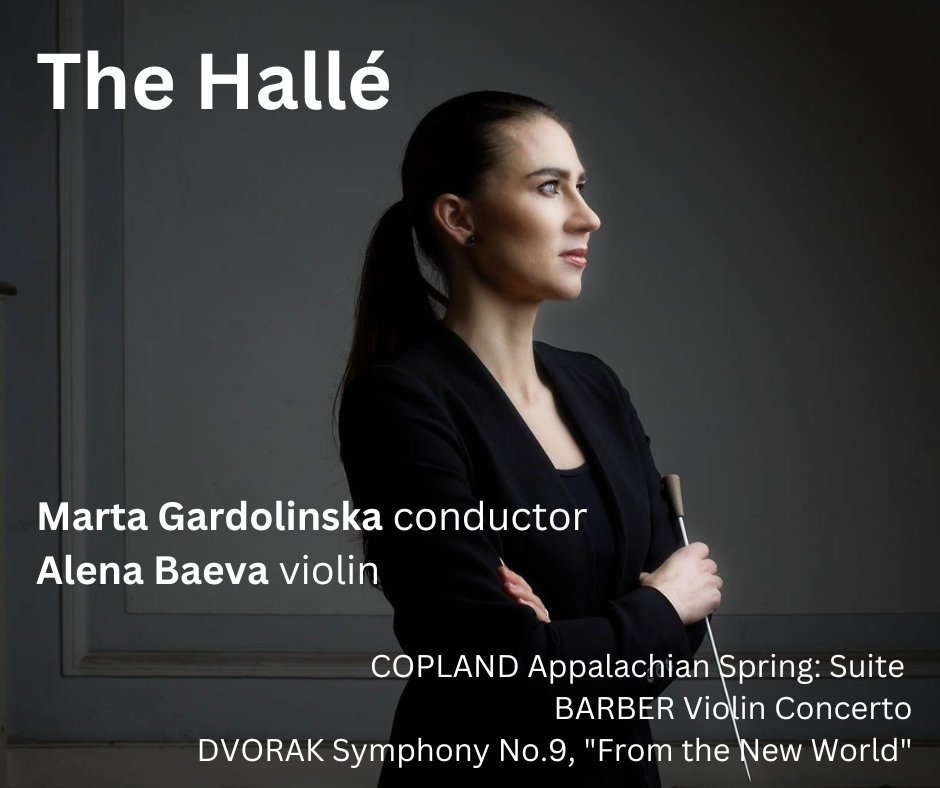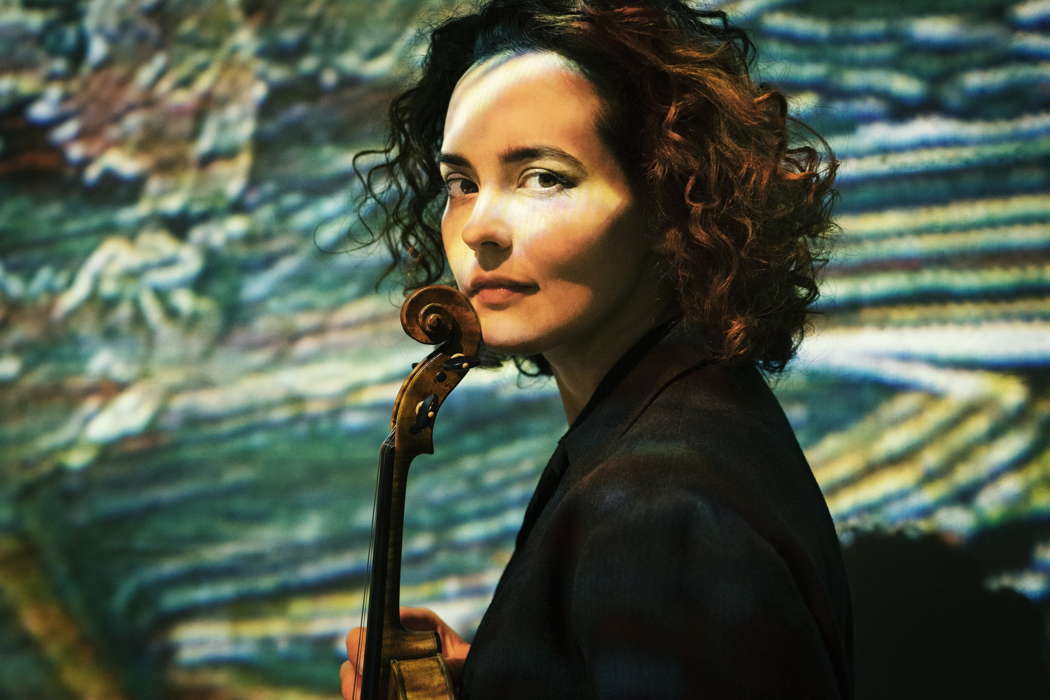 SPONSORED: Ensemble. Melting Rhapsody - Malcolm Miller enjoys Jack Liebeck and Danny Driver's 'Hebrew Melody' recital, plus a recital by David Aaron Carpenter.
SPONSORED: Ensemble. Melting Rhapsody - Malcolm Miller enjoys Jack Liebeck and Danny Driver's 'Hebrew Melody' recital, plus a recital by David Aaron Carpenter.
All sponsored features >>
 DISCUSSION: John Dante Prevedini leads a discussion about Composers, individuals or collective?, including contributions from David Arditti, Halida Dinova, Robert McCarney and Jane Stanley.
DISCUSSION: John Dante Prevedini leads a discussion about Composers, individuals or collective?, including contributions from David Arditti, Halida Dinova, Robert McCarney and Jane Stanley.
- French Polynesia
- Peter von Winter
- Nikos Skalkottas
- Christian Blackshaw
- Ruggero Leoncavallo: Pagliacci
- Jean-Claude Risset
- Swan Lake
- New Music Manchester
Like Hearing for the First Time
MIKE WHEELER reports on Copland, Barber and Dvořák from Marta Gardolińska and the Hallé Orchestra
Bringing together two composers, both quintessentially American, in their different ways, Copland and Barber, with the first major musical outcome of Dvořák's three years in America as Director of the National Conservatory in New York, may seem like an obvious piece of programming, but in the hands of the Hallé Orchestra and conductor Marta Gardolińska, it was positively inspired - Royal Concert Hall, Nottingham, UK, 2 May 2025.
Dvořák's pastoral moods were echoed by the orchestral suite from Copland's 'ballet for Martha' (dancer and choreographer Martha Graham), Appalachian Spring. After the fresh, early-morning stillness of the opening, the first quick episode cut in with an alert rhythmic edge, coloured by glinting points of light from the xylophone. The following episode was full of perky square dance rhythms, combined with Stravinskian incisiveness, from which a magically hushed linking passage took us into the variations on the Shaker song 'Simple Gifts', introduced by Rosa Campos-Fernandez's appropriately straightforward clarinet solo. The last variation was bold but not inappropriately grandiose, and the withdrawal at the end had an effect equivalent to that of a film camera slowly pulling back.

Publicity for the Hallé Orchestra's Nottingham concert
featuring Polish conductor Marta Gardolińska (born 1988)
If ever a concerto in the grand tradition contradicted the soloist-versus-orchestra stereotype, it's Barber's Violin Concerto. The solo part wears its virtuosity lightly, and it was navigated by Alena Baeva with an unassuming authority evident both right at the start and in the soloist's skittish new theme that follows soon after. The orchestral statement of the opening theme later had just enough expansiveness. Stéphane Rancourt's oboe solo at the start of the second movement laid the ground for Baeva's spacious phrasing, against which the knottier solo passages stood out in sharp relief.

Kyrgyzstan-born violinist Alena Baeva is based in Luxembourg.
Photo © Jean-Baptiste Millot
In the perpetual-motion finale, Baeva's mercurial flights were buoyed up by the orchestra, when it wasn't throwing Barber's deliberately contradictory rhythmic figure across the soundscape, and the music's helter-skelter progress felt almost unstoppable, until Barber, with perfect timing, calls a halt with that big final upward swoop.
For her encore, Baeva chose Grażyna Bacewicz's Polish Caprice - expansive in the opening slow section, playfully incisive in the faster music. Maybe we'll get to hear her in one of Bacewicz's concertos some day.
For all the 'impressions and greetings from the New World', that Dvořák drew attention to in his Ninth Symphony, it never entirely loses sight of its Czech backdrop. Any expectations of a predictable re-run of a popular favourite went straight out of the window with the sense of expectation Gardolińska and the Hallé created in the slow introduction, and their drive and energy in the stormy quick music that followed. Sarah Bennett was given space to linger a little over her flute solo, with its hints of 'Swing low, sweet chariot', but, as elsewhere, there was no sense of the music's structure being pulled out of shape.
After Thomas Davey's deeply-felt cor anglais solo, a brooding stillness lay over much of the second movement, from which the eventual climax came like a sunburst. The Scherzo was fast and furious, contrasted with a laid-back account of the first trio, and a gracefully swaying second, highlighting the rustic quality of these tales from the Bohemian woods.
The start to the finale was imposing, and the performance kept up a fine sense of pace without feeling over-driven, and the quiet episodes were dwelt on just enough to avoid overbalancing the whole. Details came up fresh, especially woodwind phrases, not least a delightful bassoon solo from Hugo Mak. The big final climax is sometimes heavily and unnecessarily underlined, but not here, and the concluding fade-out was beautifully controlled.
A popular favourite, as I say, but this was like hearing it for the first time.
Copyright © 14 May 2025
Mike Wheeler,
Derby UK



